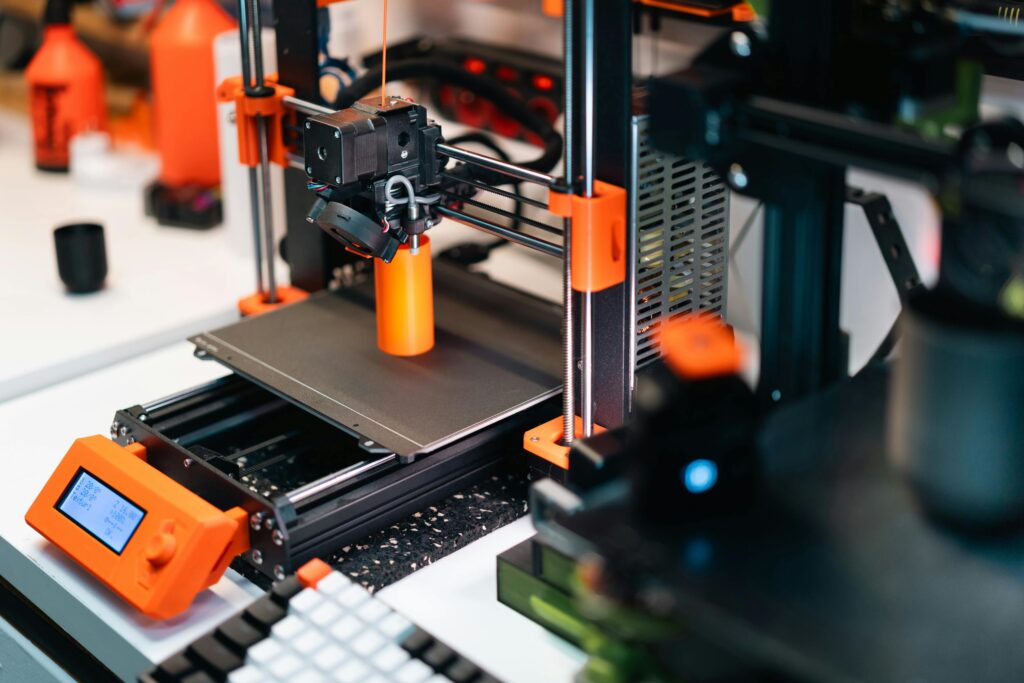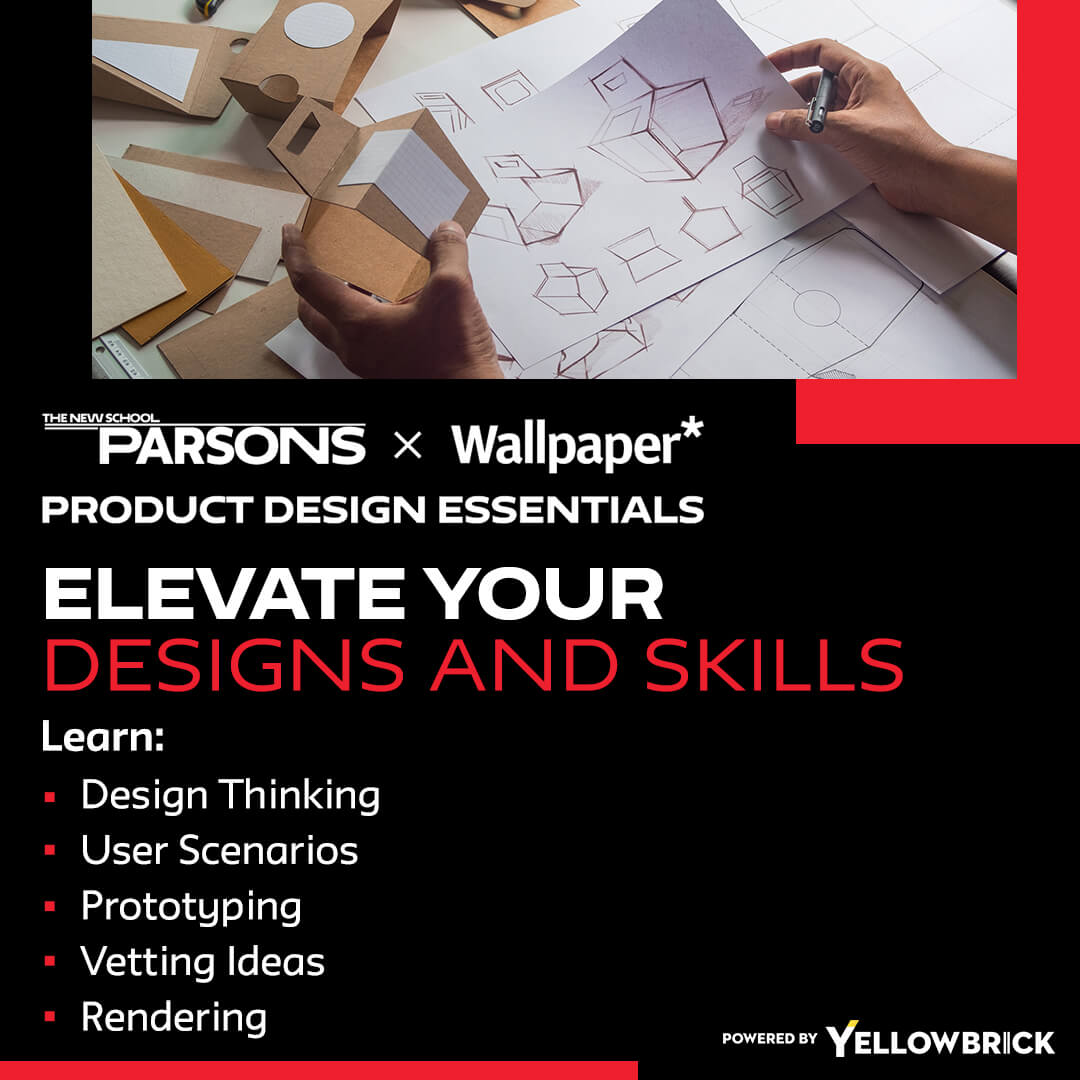The Internet of Things (IoT) has revolutionized the way we interact with technology, connecting devices and systems to enhance efficiency and convenience. In the realm of IoT, product design plays a crucial role in shaping the user experience and functionality of connected devices. As the demand for IoT products continues to grow, so does the need for skilled professionals who can spearhead the design process.
1. IoT Product Designer
An IoT Product Designer is responsible for conceptualizing and designing connected devices that seamlessly integrate hardware and software components. They collaborate with cross-functional teams to ensure that the IoT product meets user needs, technical requirements, and design aesthetics. Strong design skills, technical knowledge of IoT systems, and an understanding of user experience principles are essential for success in this role.
2. IoT UX/UI Designer
As an IoT UX/UI Designer, you will focus on creating intuitive user interfaces and engaging user experiences for IoT devices. This role requires a deep understanding of user behaviour, interaction design principles, and knowledge of IoT platforms. IoT UX/UI Designers work closely with product managers and engineers to translate user requirements into visually appealing and functional interfaces that enhance the overall IoT product experience.
3. IoT Hardware Engineer
IoT Hardware Engineers are responsible for designing and developing the physical components of IoT devices, such as sensors, actuators, and communication modules. They work closely with electronics manufacturers, firmware engineers, and product designers to ensure that the hardware components meet performance, power consumption, and cost requirements. Strong knowledge of electronics design, PCB layout, and sensor technologies are essential for success in this role.
4. IoT Software Engineer
IoT Software Engineers specialize in developing the software and firmware that power IoT devices and enable communication between devices and cloud platforms. They are proficient in programming languages such as C, C++, Python, and Java, and have experience with IoT protocols like MQTT and CoAP. IoT Software Engineers collaborate with hardware engineers and cloud architects to ensure seamless integration and functionality of IoT systems.
5. IoT Data Analyst
IoT Data Analysts play a crucial role in extracting insights from the vast amounts of data generated by IoT devices. They are proficient in data analytics tools, machine learning algorithms, and data visualization techniques. IoT Data Analysts work closely with product managers and engineers to identify trends, patterns, and anomalies in IoT data streams, enabling data-driven decision-making and product improvements.
6. IoT Security Specialist
Security is a paramount concern in the world of IoT, given the potential vulnerabilities associated with connected devices. IoT Security Specialists are tasked with implementing robust security measures to protect IoT devices from cyber threats and unauthorized access. They have expertise in encryption protocols, network security, and IoT device authentication mechanisms to ensure the integrity and confidentiality of IoT data.
7. IoT Project Manager
IoT Project Managers oversee the end-to-end development and deployment of IoT products, ensuring that projects are delivered on time and within budget. They coordinate cross-functional teams, manage project timelines, and communicate with stakeholders to drive successful IoT product launches. Strong project management skills, technical acumen, and a deep understanding of IoT technologies are essential for success in this role.
8. IoT Systems Architect
IoT Systems Architects design the overall architecture of IoT systems, including device connectivity, data processing pipelines, and cloud integration. They have a holistic view of IoT solutions and are responsible for defining system requirements, selecting appropriate technologies, and ensuring scalability and reliability. IoT Systems Architects collaborate with engineers and designers to create cohesive IoT ecosystems that deliver seamless user experiences.
9. IoT Product Manager
IoT Product Managers are responsible for defining the product strategy, roadmap, and feature set for IoT devices. They work closely with cross-functional teams to prioritize product features, gather user feedback, and drive product innovation. IoT Product Managers have a deep understanding of market trends, user needs, and competitive landscape to ensure the success of IoT products in the market.
10. IoT Innovation Strategist
IoT Innovation Strategists are tasked with identifying emerging technologies, market trends, and consumer behaviors that can drive innovation in IoT product design. They conduct market research, technology assessments, and competitive analysis to inform product development strategies and identify new opportunities for growth. IoT Innovation Strategists collaborate with product teams to shape the future direction of IoT products and drive continuous innovation.
Conclusion
In the fast-evolving landscape of IoT product design, these top 10 jobs play a critical role in shaping the future of connected devices and smart systems. Whether you are passionate about design, engineering, data analysis, or project management, there is a diverse range of career opportunities in IoT product design waiting to be explored. Stay ahead of the curve by honing your skills, staying informed about industry trends, and embracing the challenges and opportunities that IoT product design has to offer.
Key Takeaways:
- The Internet of Things (IoT) has transformed technology by connecting devices to enhance efficiency, usability, and user experience.
- Product design is central to making IoT devices functional, intuitive, and aligned with both hardware and software requirements.
- As demand for IoT solutions grows, there’s a rising need for professionals with interdisciplinary skills—spanning design, engineering, data analysis, and strategy.
- Successful IoT design requires cross-functional collaboration among designers, engineers, analysts, and managers.
- Security, usability, and data insights are critical considerations throughout the IoT product lifecycle.
- Innovation in IoT relies not just on technology, but also on understanding user needs, anticipating trends, and managing complex system architectures.
- The IoT job market offers a wide range of roles for those with skills in design thinking, systems architecture, project management, software/hardware development, and strategic innovation.
For those looking to further enhance their skills in product design, consider taking the Parsons Product Design Essentials online course and certificate program offered by Yellowbrick. This program can provide valuable insights and practical knowledge to help you excel in the world of IoT product design.








